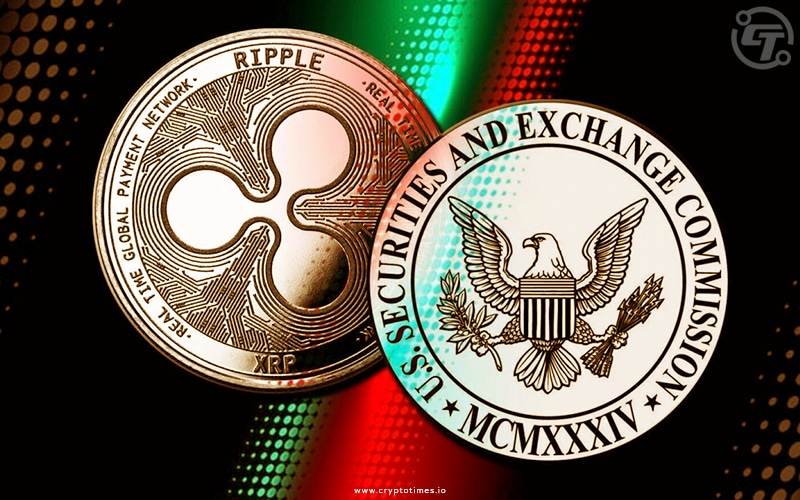The ongoing court battle between Ripple and the United States Securities and Exchange Commission (SEC) has garnered significant attention within the cryptocurrency community.
Amidst the anticipation surrounding the conclusion of this standoff, a legal expert and amicus curiae for Ripple, John E. Deaton, has criticized the SEC’s inconsistent stance on what constitutes a “common enterprise.” Deaton’s comments came in response to a tweet by Stuart Alderoty, Ripple’s chief legal officer, who highlighted the SEC’s contradictory position in the 1994 “Revak v. SEC Realty Corp.” case.
In the mentioned case, the court explicitly stated that the presence of a “common enterprise” is crucial, regardless of whether the investors’ fortunes are linked to the promoter’s efforts. Alderoty pointed out this inconsistency, emphasizing that the SEC’s approach revealed another instance of deceptive tactics.
Deaton further argued that the SEC had shifted its theory, asserting that the entire XRP ecosystem, including all XRP holders, exchanges, and vendors, constituted the common enterprise.
To support its extreme claim, the SEC intended to rely on an expert witness who would testify that all XRP holders must rely on Ripple. However, the judge excluded this testimony, which Deaton referred to as “nonsense.” The attorney strongly criticized the SEC’s “insane argument” and its ever-changing and “schizophrenic defense.”
Another lawyer, Bill Morgan, echoed Deaton’s sentiments, suggesting that if justice prevailed, the court should dismiss the SEC’s case solely based on its failure to establish a common enterprise, let alone the other issues at hand.
Morgan also scrutinized the SEC’s argument that the fungibility of XRP served as evidence of a common enterprise since all units of XRP rise and fall together. He drew a parallel by highlighting that the same argument could be made for an ounce of gold, indicating the flaw in the SEC’s reasoning.
Alderoty previously mentioned the SEC’s unsuccessful argument in the 1946 Supreme Court case, known as the “Howey” case, which rejected the notion that a common enterprise was unnecessary if a “community of interest” existed. This served as further evidence of the SEC’s erroneous position then and now.
Also Read: XRP’s Attorney Supports US Chamber’s Involvement in SEC Case
Notably, Deaton retweeted an argument exposing the SEC’s arrogance, highlighting the regulator’s open disregard for the law and its boastful statement that it does not require a distinct “common enterprise” element in the term “investment contract.”






